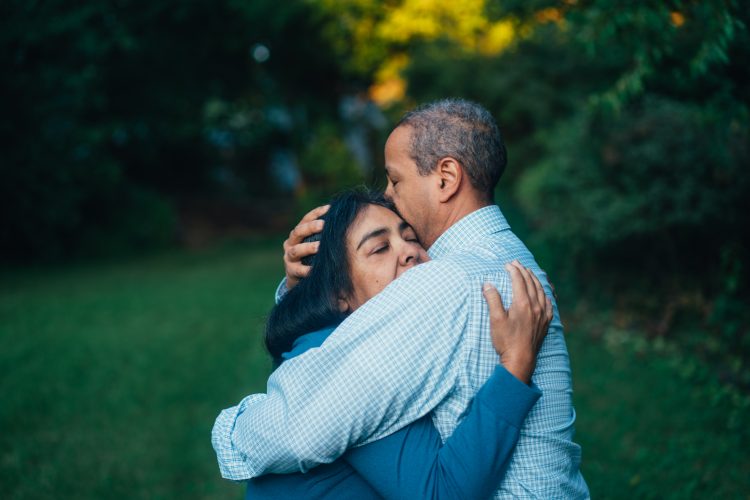“How can I make them understand?” It was a question I used to ask myself over and over in desperation. All I knew was my body. All I knew was that something was wrong. When I tried to explain, doctors didn’t know what to do with me at best or didn’t believe me at worst. I kept thinking, if only they could feel what I feel – even for just a few seconds. If only I could point out my pain as easily as I feel it. Those of you who’ve gone through the same know the drill: doctor after doctor, insult after insult, frustration piled on more frustration, until many years and tears later – eureka! One diagnosis… or several…or dozens! But that’s only the beginning. It’s often an uphill climb. You expect certain people will always be there with you, but that’s not the case. Not everyone is up for the climb. People drop off. Your circle thins. Some people assume that you’re lazy or incompetent or exaggerating. Once again, the same question arises, “How can I make them understand?”
The answer I have found is that we can’t. No matter how hard I try, I can’t “make” anyone understand anything. Written out, it sounds pretty obvious, right? But when you’re so desperate for connection from once-close family and friends, you want to believe you can. So you push and push and push and exhaust yourself getting nowhere. This is a lesson that took me a ridiculously long time to learn. If a kind person wants to make an effort to understand, they can and will, and if someone doesn’t want to believe me, they won’t. It’s been healing for me to accept that people will simply be people, and I will simply be me. That’s why I wrote this list and collected these photos. It’s not aimed at people who don’t want to understand but at those who do. This is what my life with chronic illness has been like from my limited perspective. I hope those of you in the same boat as me can see yourselves and know there’s many others like you, and for those of you who are trying to better understand a friend or relative with a chronic condition, I want to thank you for being so compassionate and looking up resources and articles like this. So, without further delay, here are 11 photos that help explain chronic illness.
Disorienting Brain Fog
Fog on a cool day is an accurate representation of its mental counterpart: brain fog. Brain fog can look different for everybody. For me, it can be having to speak word by word – unable to think ahead to what the end of the sentence will be – or completely spacing out by accident. Sometimes it’s having my current line of thought chopped off as cleanly as a butcher knife, leaving me sitting there with no idea what I was saying. Other times, I forget what year it is or become convinced it’s a different month than it is. It’s absolutely terrifying to forget your own phone number or struggle to recall your date of birth. It can be forgetting where you are or wandering around aimlessly. Brain fog is losing your sense of self, and it scares me to death.

Quite Literally Living in the Moment
As much as I hate brain fog and chronic pain with a passion, I try to see the positives that I’ve been able to get out of it. One of them, however cheesy it sounds, is living in the moment. I don’t always have energy to worry about the little things. Heck, sometimes I don’t have the capacity to worry about what I need to worry about! Pain has a way of getting your attention like nothing else, and it’s forced me to realize how precious minutes of mental clarity and lessened pain really are. As awful as its been, I am learning to love who I’ve become because of it. I am here. Whether I want to be or not, I am and surviving one moment at a time is the only way to get through.
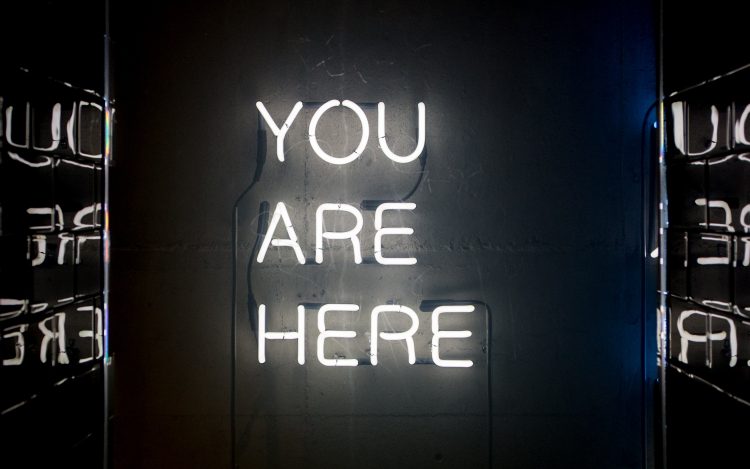
Popping Up Out of Nowhere
We’ve all done it. Our health has forced us to take time off, stay in bed and wait out the flare. Some days or months are worse than others. For able-bodied friends, our behavior often seems confusing and irrational. “Where have you been? You’ve dropped off the face of the earth,” they ask. We pop up out of the blue, looking rather gorgeous (probably due to five layers of makeup to hide the dark circles under our eyes) and people can’t imagine how such a “normal-looking” person could be so ill. Certainly, if we have time for writing in pain in bed, we have time to go out to lunch, hang out at the movies or climb mountains. (Cue the eye-roll.) This has happened to me more times than I can count. It’s not how I ever imagined my social life would look, but popping in and out like a friendly but fatigued gopher is who I am now. Why not laugh about it?
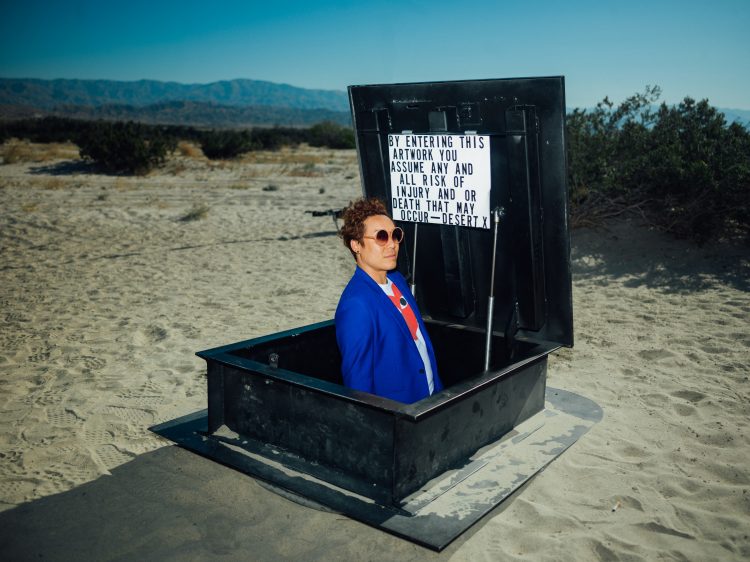
Being Thrown Into a Whole New World After Diagnosis
There are always conflicting articles, studies and doctors who swear that one treatment is the best, and hardly ever does anyone agree. Sometimes trying to find the “right” answer is like reaching into a tornado of information and hoping you grab something helpful. In other words, it’s incredibly overwhelming.

“Blank Pain Stare”
Have you ever reached that point where you’re in so much pain you can’t speak, move or whimper? Your body just shuts down and you stare at the wall, wishing you could pass out. Instead, you just lay there. I couldn’t track down who coined the term “blank pain stare,” but the first time I heard it, I related immediately.

Being Easily Fatigued
Sometimes just getting out of bed or getting dressed is all the energy I can muster. I have to sit down at weird times or in odd places to rest.
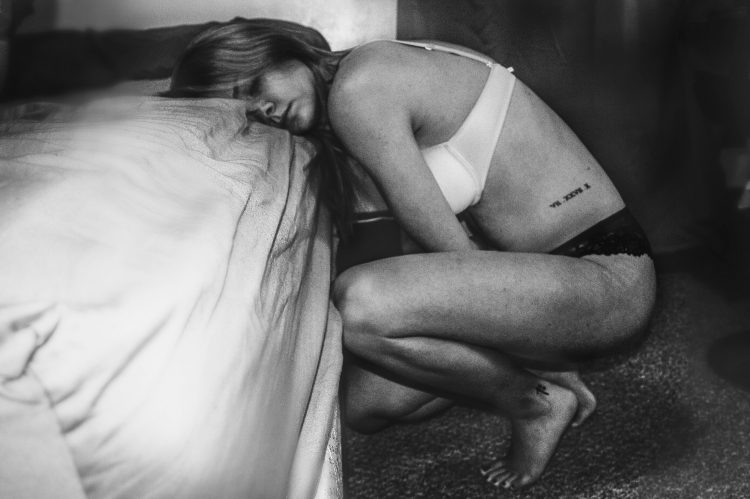
Unexpected Lifeline
I’ve spent so many nights in too much pain to sleep, and sometimes, I turn to the internet to distract myself. If the brain fog isn’t too severe, sometimes I read articles on places like The Mighty late into the night and early morning. Nobody told me what comfort knowing that I wasn’t alone would bring. Nobody told me that the internet could be such a valuable tool in coping with the feelings of loneliness and isolation my chronic illnesses bring.
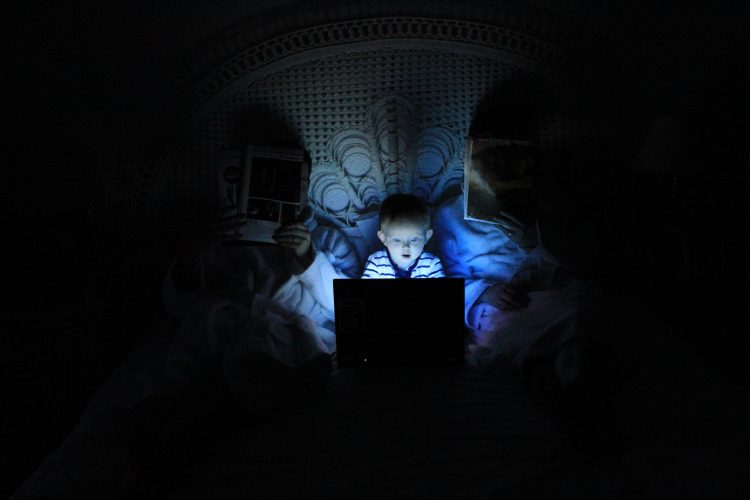
Don’t Jump That Fence
After realizing the limitations a chronic illness can bring, I felt like I had an ever-enclosing fence around me. So, my first reaction was, “Yeah, right! Bring it on. I’ll jump right over that.” Pushing past physical limits I shouldn’t push past, of course, only put me in more pain and misery. I’m learning now to set boundaries with myself and with others. Instead of focusing on how much they hinder me, I try to look at how much they protect me from further pain or damage.

Good Times ≠ Good Health
I’ve learned that even through mind-numbing pain, there are good moments. There are good days. Sometimes I don’t see one for months, but eventually, they come around again. The only thing I wish people could understand is that I’m skilled at smiling through pain, as most of us spoonies are. I can be having the best time of my life and still have suicidal thoughts because of how much my body hurts. It sounds like a contradiction, but it’s true. I love my family and friends, and I cherish the time I spend with them… but that doesn’t mean I feel “better” when I’m laughing. A good time doesn’t mean I’m in good health.

Facing Depression
One chronic illness is hard enough. A lot of people have more, sometimes dozens of conditions or ailments. Then add on depression, and sometimes life feels unbearable. I don’t think many people understand the despair that can weigh so heavily on your soul when dealing with chronic pain. I’d never experienced anything like it. There’s a certain feeling of smallness to it. Unimportance. Isolation. Fear. Like in the next breath you could blow away. A feeling that every passing second is equally important and mundane. People don’t always understand why you don’t just “get over it” or “move on already.” But chronic conditions often last for life, and sometimes that means a life of falling, getting up and going at it again. That’s OK.

Those Who Stick by You
I promise I won’t get too sappy here, but the truth is, you really do learn a lot more about unconditional love when you’re diagnosed with a chronic illness. All of a sudden, you can’t always provide for others, let alone yourself. You have to depend on others. You will witness heart-wrenching callousness from some strangers and heart-warming compassion from others. You will have some family members call you an “attention-seeker” and others help out around the house when you can’t get out of bed. Sometimes, someone can’t (or won’t) help you. It makes my stomach twist at memories of friends who decided I was out of sight and therefore out of mind, but I also remember those who stayed. Those who stuck by me. Those who have been here since the beginning and some small acts of kindness from others who I’ll never see again. Those are the ones I choose to focus on. The ones that really matter.
